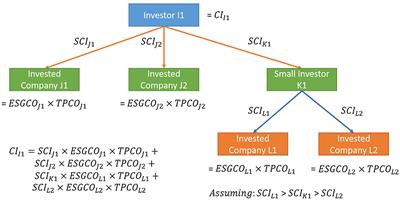EDITORIAL
Published on 02 Feb 2023
Editorial: Sustainametrics—Envisioning a sustainable future with data science
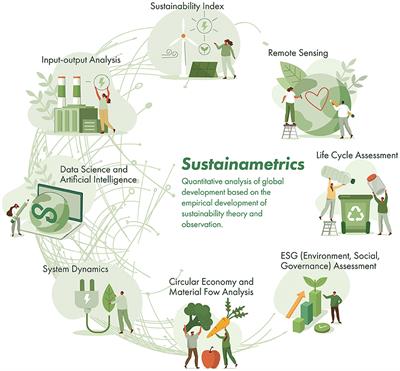
doi 10.3389/frsus.2023.1130622
- 757 views
17k
Total downloads
105k
Total views and downloads
EDITORIAL
Published on 02 Feb 2023

ORIGINAL RESEARCH
Published on 09 Jan 2023
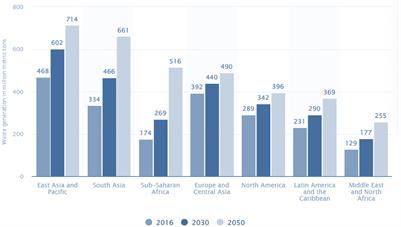
ORIGINAL RESEARCH
Published on 15 Dec 2022
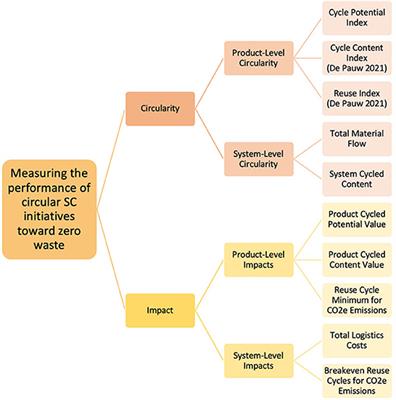
ORIGINAL RESEARCH
Published on 23 Nov 2022
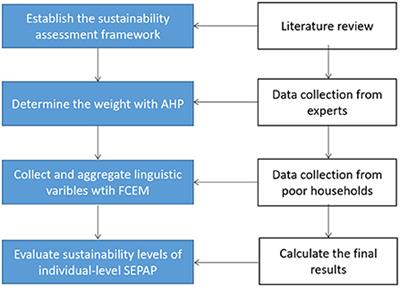
PERSPECTIVE
Published on 04 Oct 2022
SYSTEMATIC REVIEW
Published on 03 Oct 2022
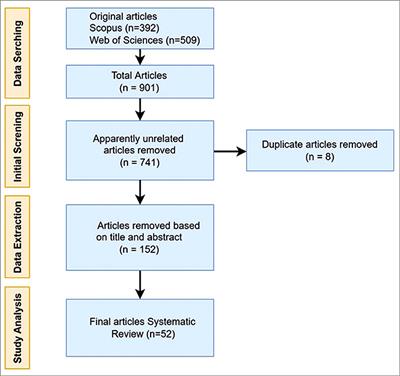
REVIEW
Published on 03 Oct 2022

SYSTEMATIC REVIEW
Published on 21 Sep 2022
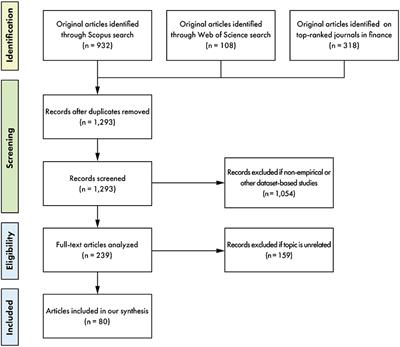
ORIGINAL RESEARCH
Published on 31 Aug 2022
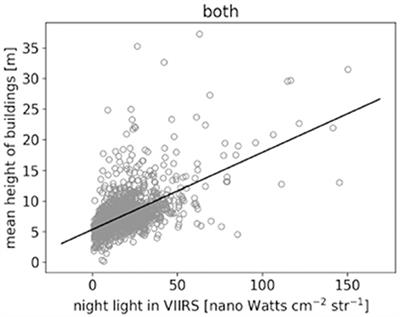
ORIGINAL RESEARCH
Published on 12 Aug 2022
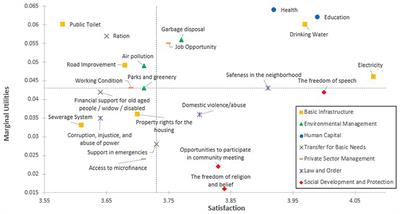
SYSTEMATIC REVIEW
Published on 28 Jul 2022
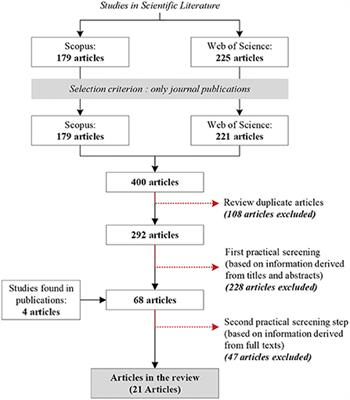
ORIGINAL RESEARCH
Published on 08 Jul 2022
